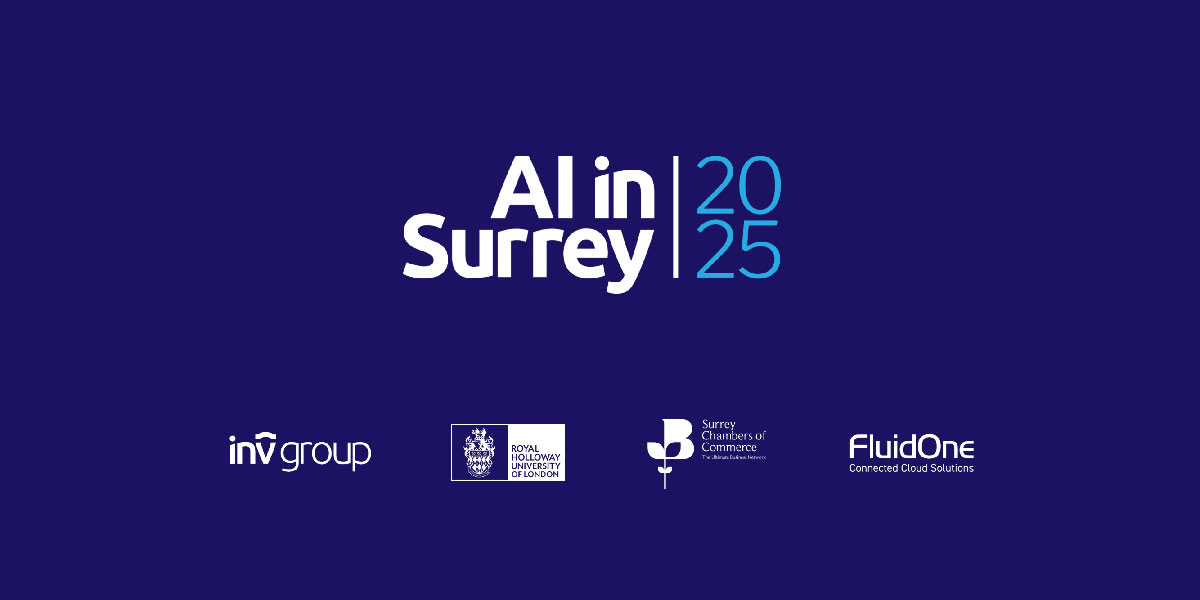On Tuesday, I keynoted a senior leadership session for Birmingham City Council. The session was for leaders, councillors, and senior executives – about 35 in total – to discuss post-COVID re-organisation and management.
We discussed a range of pressing issues confronting the Council. These included: data trusts, data security, supply chain resilience, efficiencies, and cross-silo collaboration. But the highlight for me was the opportunity to make an important suggestion. As Birmingham Council starts to shape itself in response to a post-COVID future, it could consider fairly radical reform, to be firmly data-driven across all its activities. In practice, this means a fairly radical re-imagination of the Council’s purpose – reframing to see itself as a decentralised brokerage for both citizens as well as providers. With this sort of vision, Birmingham could play the central role in catalysing the exchange of diverse forms of social and economic value across the community.
Reframing to see itself as a decentralised brokerage for both citizens and providers
Should Birmingham decide to think along these lines in a committed way, I suggested that they enshrine three ‘design principles’ throughout:
- a resolute focus on becoming a data-driven council
- designing themselves architecturally to enable ‘accessibility’ (an open, API-driven, and collaborative service model)
- ‘leveraging’ cloud-based utilities and services wherever possible (or appropriate). This is far preferable to trying to develop and deliver everything themselves.
As a key enabler for some of this activity, I separated out some of the key ‘emerging tech’ that feeds on data, in the cloud, into:
- ‘Efficiency-related tech’: good for reducing process-heavy activities (e.g. process automation, optical character recognition, natural language processing)
- ‘Intelligence-related tech’ (e.g. AI, machine learning, data science utilities)
- ‘Connective tech’ (e.g. IoT).
I encouraged the Council to make maximum use of these. They can be cheap to deploy, if you architect your services correctly.
This is an example of the kind of discussions that councils across the country could be having right now – and that many already are. We’re all seeing first hand the power of digital technologies at this time. With a little guidance, councils could deploy these technologies. A redesigned, more modular architecture could explicitly seek to take advantage of these.
Such a shift would have the effect of improving their services. They would become much more intelligence-driven. The council would be configured around citizens’ needs, whilst also saving time and money.
Photo by Birmingham Museums Trust on Unsplash





